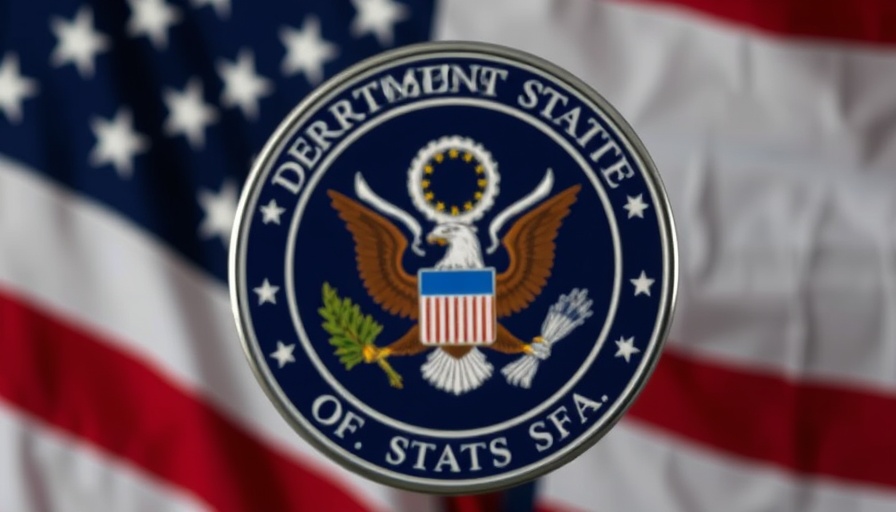
New Measures on Social Media Vetting: What It Means for Foreign Students
In a bid to recalibrate its approach to foreign student admissions, the Trump administration announced significant changes to the visa application process on June 18, 2025. According to a cable from the State Department obtained by Reuters, consular officers are now mandated to implement rigorous social media vetting procedures. The objective? To identify applicants who exhibit hostility towards the United States or its fundamental principles.
The Background of Social Media Vetting
Social media has increasingly become a tool used by national security and immigration agencies to assess the qualifications and backgrounds of visa applicants. In previous years, the U.S. saw attempts to implement comprehensive vetting measures, exacerbated by concerns over national security in a rapidly changing geopolitical climate. The recent directives reflect ongoing fears of espionage and anti-American sentiment among foreign nationals, especially those coming from certain nations. This enhanced scrutiny is positioned as a necessary step to protect American interests amidst global tensions.
Implications for International Students and Universities
This intensified focus on social media assessments may pose additional challenges for prospective international students. It sends a signal that the U.S. is tightening its immigration policies, a factor that could deter some from applying to American institutions. Universities, particularly those reliant on foreign student tuition, may need to adapt quickly to retain and attract these students amidst changing governmental regulations.
Future Trends in Student Admissions
As policies regarding Visa assessment tighten, we could see notable trends in how educational institutions approach international applicant recruitment. Universities may engage in more extensive outreach and support mechanisms to help students navigate these new measures. Additionally, they might enhance their advisory services to educate potential candidates on how to approach social media usage during the application process.
Diverse Perspectives on Social Media Vetting
This move towards stringent vetting raises questions about privacy and freedom of expression. Critics argue that increased scrutiny can infringe on individual rights, and may disproportionately target specific ethnic groups or nations. On the other hand, proponents assert that such measures are essential in safeguarding national security and ensuring that foreign visitors share American values. Balancing these perspectives is crucial as the nation navigates its role on the global stage.
What Students Should Know
For potential applicants, it is vital to understand the implications of these new vetting guidelines. Being mindful about the content shared on social media, including public opinions about the U.S. and its institutions, could be crucial in the application process. It is advisable for students to curate their online presence and seek guidance on best practices while applying.
Preparing for a Changing Landscape
As international relations continue to evolve, the landscape of educational opportunities in the U.S. may look increasingly different. Students and educators alike must stay informed about policy changes that affect admissions and campus cultures. Understanding the broader implications of social media vetting can help students better prepare for their journeys in higher education.
In conclusion, keeping abreast of changing policies and understanding their implications can empower students to navigate the complexities of the U.S. educational system. Staying informed and proactive is essential in this fast-evolving landscape for international education.
 Add Row
Add Row  Add
Add 



Write A Comment